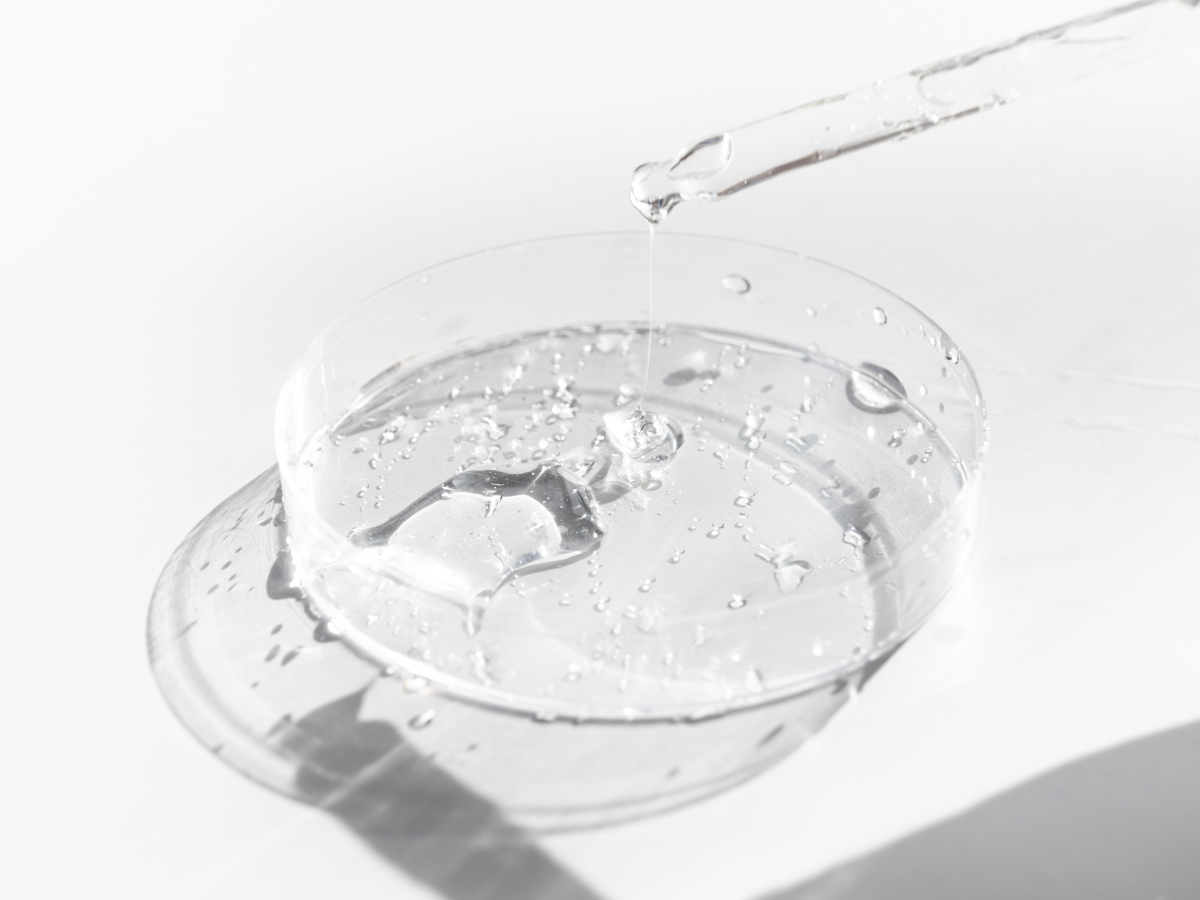– Food Supplement product registration/notification to the competent authorities
– Conformity Assessment and Formulation troubleshooting with an in-depth analysis of the product and its formulation, advising about whether it could be classified as a food supplement and which adjustments it may need to do to comply with the applicable legislation
– Labelling Review – product labels and packaging, creating easy to read instruction documents for compliance with labelling legislation
– Nutrition and Health claims analysis with advise on how the products can be legally marketed according to different countries and regulations
– Scientific substantiation of food supplement claims
– Review of Advertising and Marketing to make sure they comply with Advertising Standards and Codes
– Prepare Novel Food applications, which require a pre-market safety assessment in the form of a Novel Food Application or the simplified procedure for ‘substantial equivalence’ foods.
– Global importation/exportation support;
– Assistance in the preparation of technical and administrative documents for export to Europe and non-EU countries
– Custom clearance, Free Sale Certificate, Certificate of Origin
– Support to local requirements compliance







